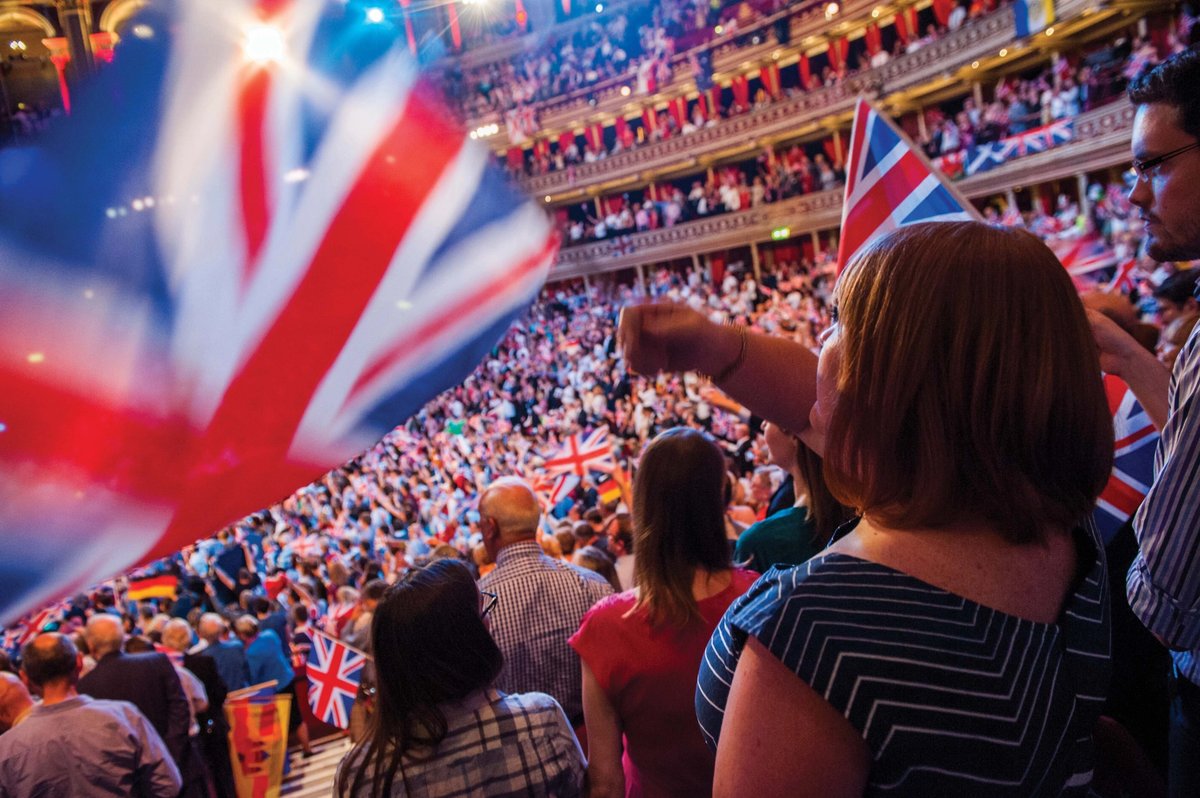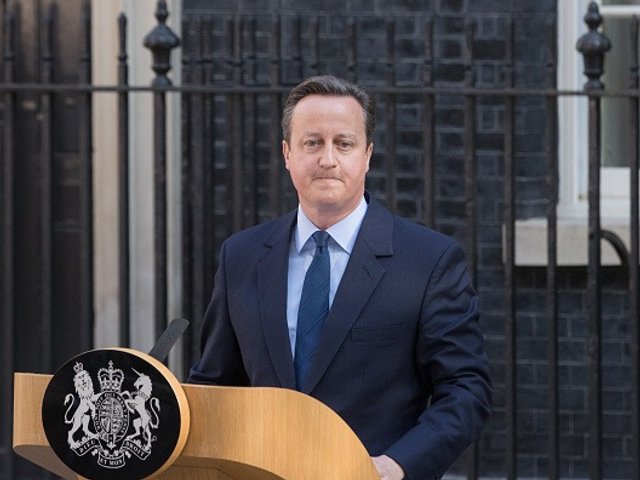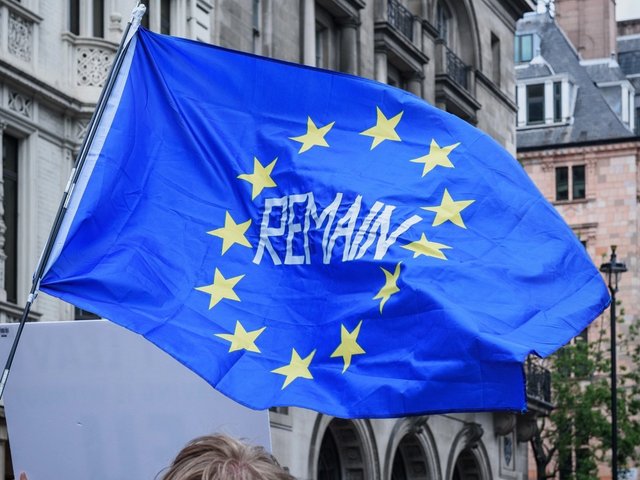Culture is the latest casualty of the Brexit vote after five British cities bidding to host the European Capital (EU) of Culture in 2023 were told that they can no longer compete for the title. The European Commission, the legislative body of the European Parliament, says that the decision to halt the process is “one of the many concrete consequences” of the UK’s decision to leave the European Union, which is scheduled for March 2019. The five cities in the running were Dundee, Nottingham, Leeds, Milton Keynes and Belfast/Derry.
The arts lobbying organisation, the Creative Industries Federation, says in a statement that it is “gutted” by the decision. “People are working feverishly behind the scenes to reverse this decision and we will do everything in our power to make this happen,” the statement adds.
The European Commission says that according to the rules adopted by the European Parliament and the Council, the competition is not open to “third countries” except those in the European Free Trade Association/European Economic Area (EEA) countries.
“Given that the UK will have left the EU by 29 March 2019, and therefore be unable to host the European Capital of Culture in 2023, we believe it makes common sense to discontinue the selection process now,” the Commission says.
But the cities involved began preparing their bids in 2014 before the Brexit referendum of 2016, while the Creative Industries Federation pointed out that cities in Europe outside the European Union have participated in the scheme historically (Reykjavik was a capital of culture in 2000, for instance, but Iceland is a member of the EEA).
The decision sparked feverish debate on social media about the effect of Brexit on arts and culture in the UK, with the deputy leader of the Labour party, Tom Watson, tweeting: “The government must now explain how they intend to ensure that Brexit does not leave us culturally isolated from Europe and how the economic and cultural benefits that accompany the European capital of culture will be maintained.”
A spokesperson for the government department for Digital, Culture, Media and Sport (DCMS) says that it disagrees with the European Commission's stance and is “deeply disappointed that it has waited until after UK cities have submitted their final bids before communicating this new position to us”. The DCMS wants to continue working with colleagues in Europe, which could include participating in cultural programmes.
The political blogger Jon Worth asked: “Why, more than 500 days after the referendum and 200 days after Article 50 [was triggered] do [government] departments not have a grip on how Brexit impacts on them?”





